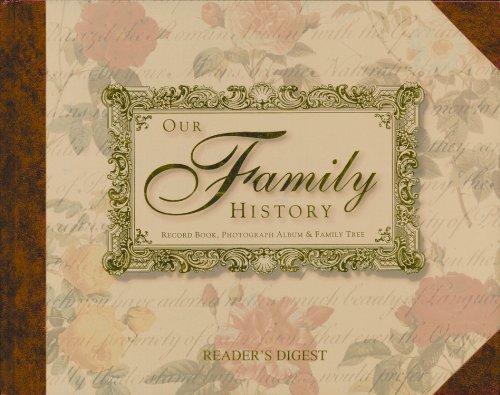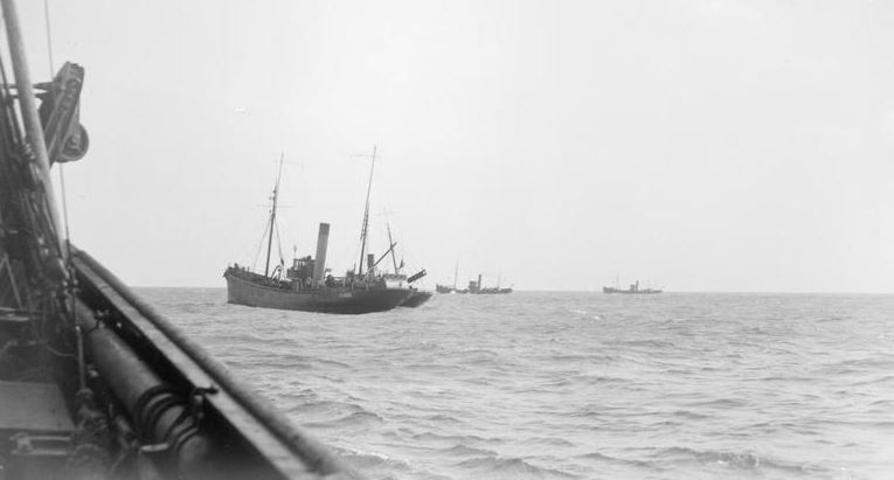Even though I may not have wholly solved the mystery of the ‘miscarried twins’, I might have inadvertently solved another puzzle, particularly the one surrounding the mysterious Army Form.
As mentioned above, in discussing ‘thematic’ concerns, it is often necessary to diverge from the chronological order of the book. The discussion below is no exception, as it spans the first half of the twentieth century and beyond.
Below, I discuss ARMY FORM B 2067, which I found in my mother’s papers.
The Red Pouch
One of the secret drawers contained a red pouch, ARMY FORM B 2067, ‘Soldier’s Service Documents’. I have already discussed this artefact elsewhere here, so I apologise to the reader for any repetition. However it is better to repeat something than to leave it out. This takes us to the topic of our discussion.
ARMY FORM B 2067 should contain war service records, but obviously the First World War had already ended (1918). It contained documents that were once important but now are no longer relevant. Such documents include ration books and identity cards used during the Second World War.
It also included other documents arbitrarily, such as my paternal grandfather’s testimonial from the time when he had worked on the “Scenic Railway” in 1913, which was part of the Liverpool Exhibition. The suffragettes attempted to set fire to the scenic railway some months later. This event is mainly discussed in Volume IV (1855-1921) of “No Woman, No Cry”.
Army form B2067 as a “character certificate”
The Army form B2067 is a “character certificate”. It should include information concerning name, rank and number, place of birth and physical description. The inside contents should give length of service, record of conduct, and when the soldier concerned was discharged.
Of course, if all this information was included in the red pouch there would be no “conundrum” – but the pouch was empty of details concerning the identity of the holder.
Why did my mother use this miniature red folder to store all these old documents? I should have asked her. But being a silly young boy (although ‘old’), I never did.
I had assumed it was one of my father’s naval documents from his days in the Navy in the Second World War. But upon searching the Internet, all I got were images from the First World War. The folder also did not contain anything to do with him. It also could not be his document, as he wasn’t enlisted as far as I could see.
I seemed to remember that my mother or someone else in our family had mentioned that a family member had been killed or injured in the First World War. But this recollection had dropped out of my memory. Perhaps my brothers remember – although this is doubtful, so this is just another event lost in the shrouds of time.
Theories on the Owners
The obvious never occurred to me: that the document belonged to my mother’s father, Hector MacGillivray. This idea has now occurred to me, as his marriage certificate states he is a soldier. But of course, no definite conclusion can be reached here.
However, I still tend to think that the ARMY FORM B 2067 belonged to my paternal grandfather, Alexander Whitecross Harkness, as my mother had no documents relating to her father in her ‘scrapbook’. Another explanation is that my grandfather, Alexander Whitecross Harkness, may have had a B2067 ARMY FORM because he may have been doing electrical work (as a civilian) at the naval dockyard at Rosyth (like my father). But one argument against this hypothesis is that the ARMY FORM B 2067 is exactly that – an ARMY document and not a NAVY document.
Assuming that ARMY FORM B 2067 had belonged to my grandfather Alexander Whitecross Harkness, I did a search on the Internet, but found nothing. Not giving up, I searched for my grandfather’s brother James Whitecross Harkness. Bingo! When you uncover one secret, it creates ten new ones!
To learn what I discovered, head to this next post: Who is Harry Reid Harkness?



